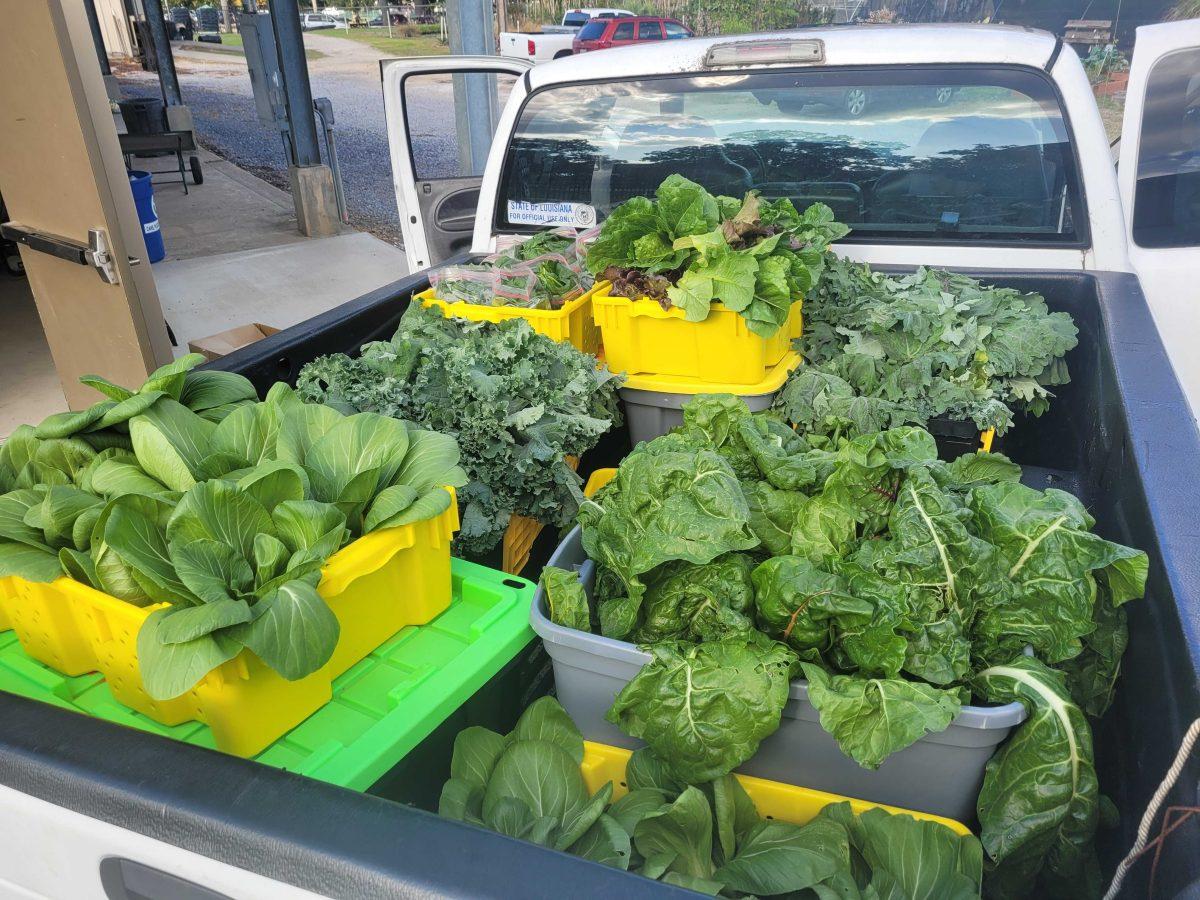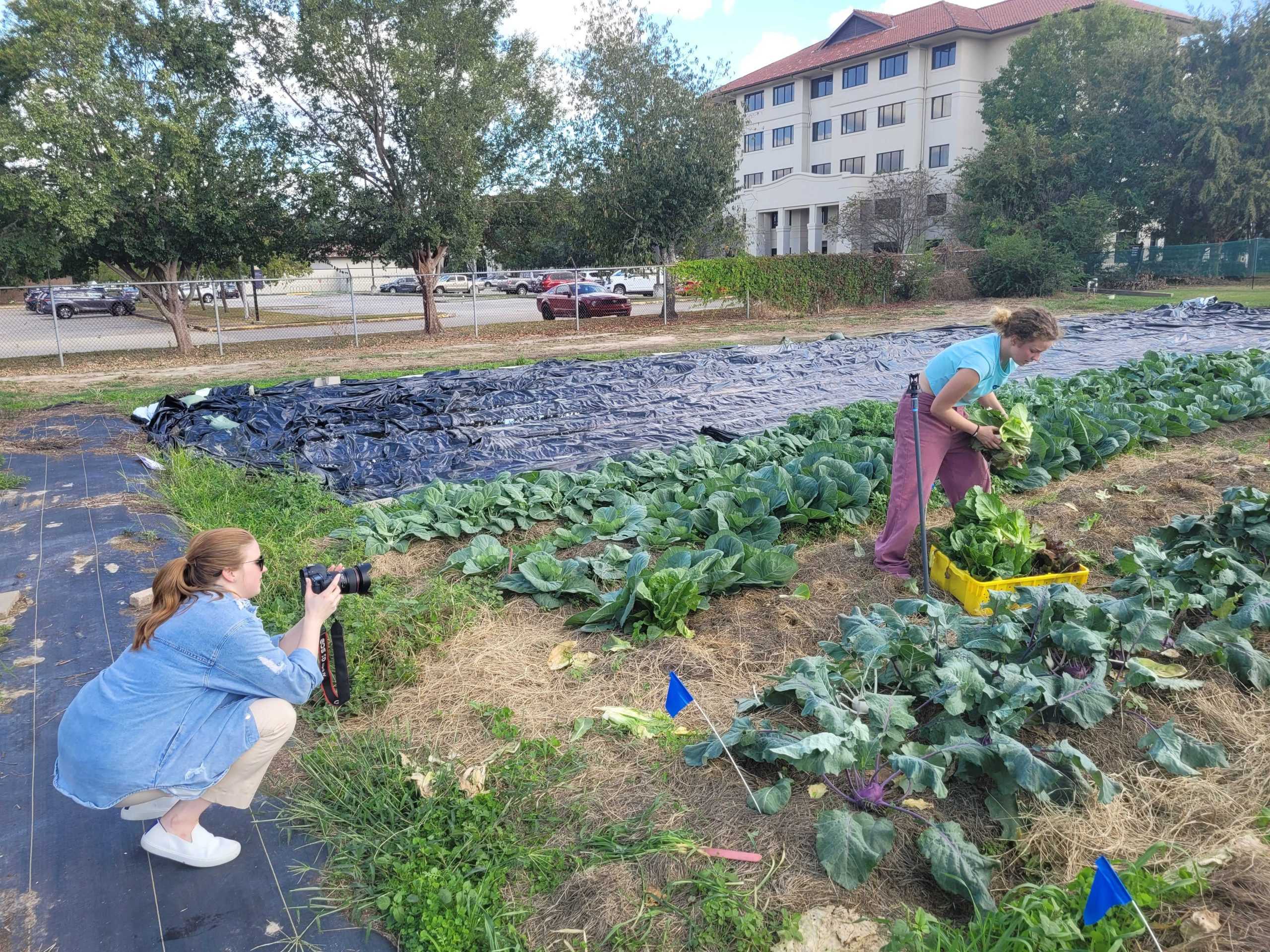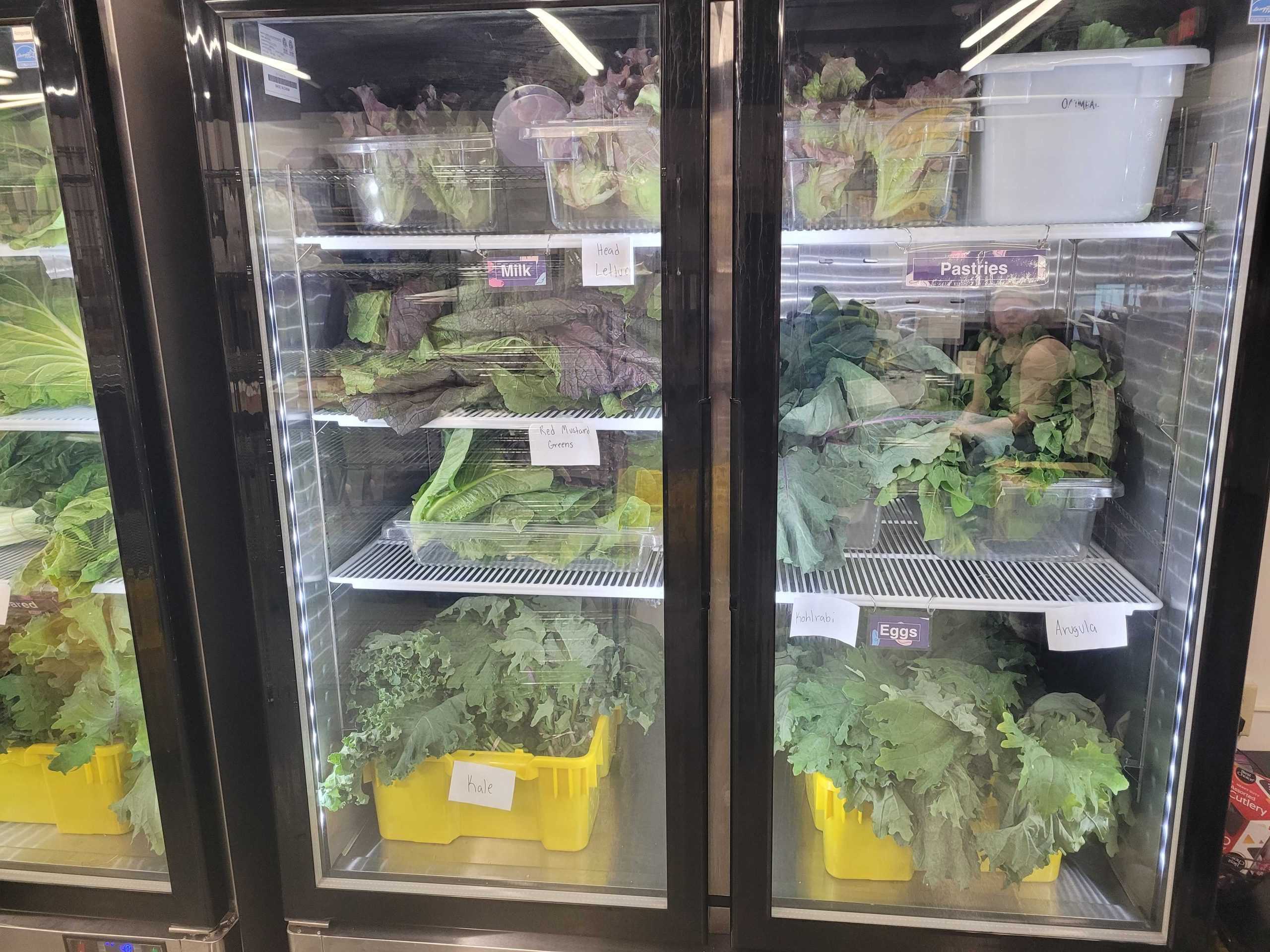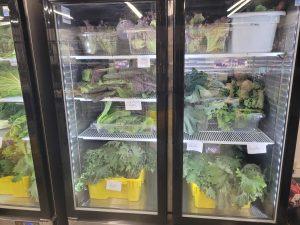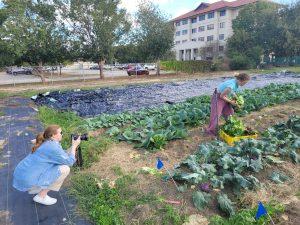LSU horticulture students grow fresh produce for the LSU Food Pantry in a class taught every other fall, according to Carl Motsenbocker, a professor in the College of Agriculture.
In his Crop Science class, students can grow organic vegetables at the Hill Farm and donate them to the LSU Food Pantry in the Student Union. A lot of LSU graduate students and upperclassmen often get these crops to cook their meals, according to Motsenbocker.
Motsenbocker said he believes all horticulture students need to know how to grow plants. He said the hands-on aspect of this class can truly help students learn more about gardening because they have to help the plants grow, from seeds to harvest. He said this helps students appreciate where their food comes from and develop an appreciation for farmers.
“I think gardening is a skill that everybody should have,” Motsenbocker said.
Motsenbocker has been teaching at LSU for 30 years and teaches the class every other fall. He said he wishes he could teach it every semester but doesn’t have the resources to do so.
He said they have many organic farming techniques to help the students grow an abundance of crops. The first is soil health and proper pH to build the soil and organic matter. He said they also plant cover crops over the soil to help manage soil erosion and fertility, water, weeds, pests, diseases and more.
Motsenbocker said the class is growing winter vegetables, such as broccoli, cabbage, kale, cauliflower, mustards, turnips and Chinese cabbage. They are also growing different types of lettuce, such as mixed lettuce, heads of lettuce, spinach, arugula, carrots and beets.
Motsenbocker said this class wouldn’t be as successful without the support of student sustainability fund grants. These grants have helped students see the true experience of gardening, from growing it in the ground to eating it on the table.
Isabella Frank, Motsenbocker’s teaching assistant, took Motsenbocker’s class when she was a student at LSU. She said the soil has improved drastically since and has a lot of organic matter because of the cover crops, and they have been able to produce more crops yearly. She said they also spray organic microorganisms at the start of class to make the nutrients more available to plants.
She said at the end of every semester, the class finds out how much food they donated in pounds. One week she said they donated 175 pounds of produce on a singular day. Some weeks, they donate two or three times, Frank said.
Frank said the graduate students are mostly the ones who get the food because a lot of undergraduates don’t have a kitchen or can’t cook the different types of vegetables, so they tend to get prepackaged stuff.
“Lots of graduate students have families so it’s nice they get to feed them fresh produce,” Frank said.
Frank said she took his class to learn everything about organic practices and growing her own vegetables. She said the class teaches the basic structure of organic gardening and taught her more sustainable and eco-friendly methods.
Frank said when she took the class, she was able to learn the methods and then go home and try them in her garden. She said she tries to grow her own food as much as possible.
“Everywhere I go and everywhere I live, I always have one pot of green onions,” Frank said.
Frank said her favorite part of the experience is meeting other people interested in changing the way someone farms. She said they find the most sustainable way to do what’s best for everybody, and she believes that is conventional farming. Conventional farming uses more natural organic methods in farming as opposed to commercial and industrial agriculture. She said farming is the future of the world.
Frank is also an extension associate, which means she works with farmers around the state to teach them the new methods they learn in class and tell them whether it is sustainable or conventional. Sustainable farming consumes less water and energy than conventional farming and enhances soil composition.
Frank said that she sees a future for the food pantry because there are students on campus that have trouble finding things to eat. The foods they eat are often non-nutritious and cheap, and the free, fresh produce in the LSU Food Pantry can change their lives.
She also said this also helps students in the class learn about marketing and selling their crops.
“There are endless benefits of students growing food for other students on campus,” Frank said.
Frank said there are mental health benefits to growing crops. Students come to the field to get their minds off things and relax. She also said that soil microbes are known for being a natural anti-depressant.
“Being in nature is a therapeutic effect,” Frank said.
Plant and soil systems senior Dylan Watson said he decided to take this class because he has a strong passion for food, both growing and eating it. He said he wanted to learn as much about vegetables as he could.
Watson said he’s learned that growing vegetables is mostly pretty straightforward, but operating a farm takes a lot of business and marketing skills. He also said it’s difficult to find a reliable labor source, which he said seems like the biggest challenge to farmers.
“I’m hoping my everyday life will be working in international development, which is helping people in developing countries grow food,” Watson said.
Watson said he has been able to go through the process of planting seeds, setting up irrigation, mulching, weeding, spraying for pests and eventually harvesting produce for the LSU Food Pantry in Motsenbock’s class.
“It’s been special to get to see the entire life cycle of vegetables and the seasonality of farm work,” Watson said.
He said taking the class was a rewarding experience. He’s been able to grow his own food and understand what goes into farming.
“This class gives the students that experience and I would encourage anyone who is curious to enroll in it,” Watson said.



